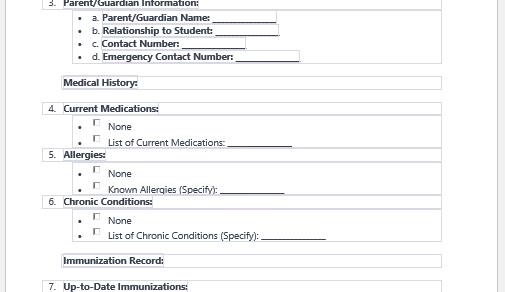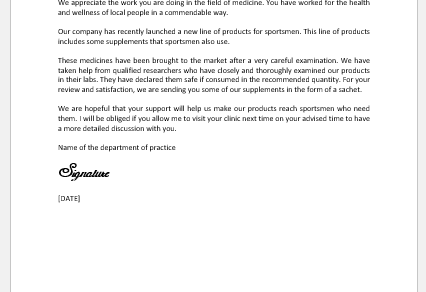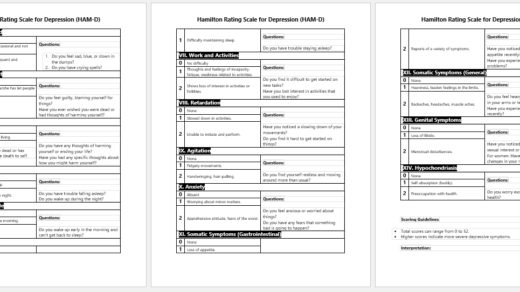Babies from one month to one year of age change their diet very quickly. Infants at the age of one month are purely on their mother’s feed, or just milk, we can say. By the time they reach five months of age, their requirements increase, and semi-solid food can be added to the feed.
Doctors and food experts recommend that by the age of 9–12 months, an infant must be eating the food his family members are already taking in their meals. There are some standard ways of developing healthy feeding habits in infants.
Importance of Balanced and healthy feed for infants
This fact can’t be overemphasized: babies need the best food for the first year of their lives. Their bodies and minds are growing fast, so they require a well-planned feeding schedule in which all the necessary nutrients are added to their everyday diet. These nutrients are important for growth and development. Babies increase in size rapidly, and their brains at this age are quite fast-growing. All the macronutrients must be part of their diet.
Importance of feeding schedules in infants
Feeding schedules carry as much importance as the nutrients in the feed. All mothers, especially new mothers, will agree with the statement that babies tend to cry a lot in their first month of life, and if mothers don’t try to make a proper schedule in the first month, they face picky eaters, crying babies, and insufficiently fed infants later in life.
But if the mother knows the importance and does her homework before the arrival of the new little life, she can manage to have a better and more regular feeding routine. It is advised to feed an infant for one month every two hours, and exclusive breastfeeding must be given, ideally.
After that, she continues to feed her child exclusively on milk, but definitely on a planned schedule. And gradually adds solid food to her diet. Bowel movements are also regular if the feeding habits are regular.
Infant Feeding Schedule
An infant feeding schedule, or chart, is a guide and helpful format for mothers to create a regular routine in an infant’s feeding cycle.
This feeding schedule begins early in the morning when the mother feeds her child and mentions the quantity of food.
For example, if the mother feeds milk to her child, she will mention how many ounces were fed to him at five in the morning.
She will also mention the food type in case some solid food is given. In the case of milk, for instance, she can mention milk and its nutrients if she wishes.
If she feeds her six-month-old baby a banana, she will mention the quantity of bananas and the nutritional value of the banana. If she is feeding some food that consists of more than one ingredient, she will write down all the constituent ingredients of the diet at that specific time. She can add additional notes or baby responses at the end if she wants.
- Nursing Documentation Templates
- Letters for being Unfit to Travel
- Mental Health Evaluation Forms
- Forms Used by Pediatricians
- Various Forms Related to Pregnancy Verification
- Common Forms Used by ENT Specialists
- Patient Registration Confirmation Messages
- Quotation Letter for Medical Services
- Mental Health Letter by Doctor
- Excuse Letter for Absence due to Medical Checkup
- Response Letter to Feedback on Improvement in Hospital
- Letter to a Mother Who Miscarried
- Patient Feedback Letter Complaining on Issues or Incidents
- Letter to Family about Miscarriage
- Patient Constructive Feedback Letter for Quality Care Improvement



